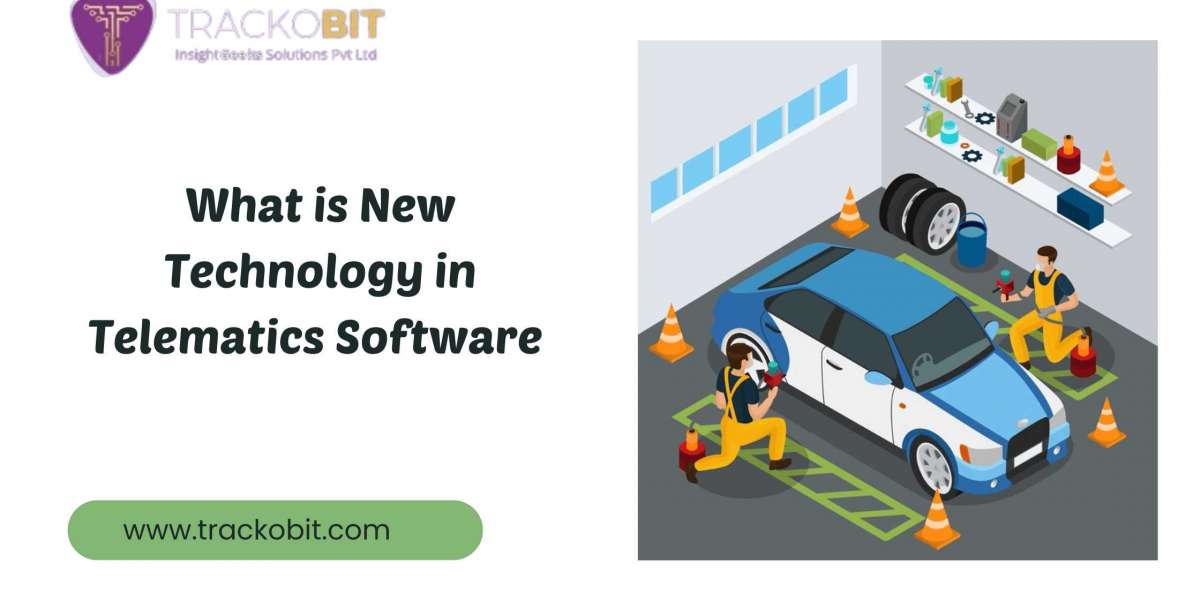In today’s fast-paced business environment, small businesses must stay agile to compete. One of the most critical aspects of managing a successful small business is maintaining healthy cash flow. Delayed payments, manual billing errors, and disorganized invoicing systems can seriously disrupt operations. This is where electronic invoicing for small business becomes not just a convenience, but a necessity.
By transitioning from traditional paper-based invoicing to digital methods, small businesses can streamline operations, improve accuracy, and most importantly, accelerate cash flow. In this article, we’ll explore how electronic invoicing can significantly improve the financial health and efficiency of small businesses.
Understanding Electronic Invoicing
Electronic invoicing, or e-invoicing, refers to the process of sending, receiving, and managing invoices in a digital format. Unlike a scanned paper invoice or PDF sent by email, a true e-invoice is created, transmitted, and stored in a structured electronic format that can be automatically processed by accounting software.
This digital system eliminates manual data entry, reduces errors, and facilitates faster communication between buyers and suppliers. With e-invoicing, businesses can monitor the invoice lifecycle in real time, from submission to payment.
Faster Payments and Improved Cash Flow
The most immediate benefit of electronic invoicing for small business is faster payments. Traditional invoicing methods can take days or even weeks to process. Paper invoices can get lost, emails can go unnoticed, and manual approval processes often introduce delays.
Electronic invoicing eliminates these roadblocks by:
Allowing instant delivery of invoices
Automating approval workflows
Sending automatic reminders for due payments
Enabling real-time tracking of invoice status
With these capabilities, businesses can reduce the average time it takes to get paid, often from weeks to just a few days. Improved payment timelines mean a more predictable and healthier cash flow, which is critical for meeting expenses, investing in growth, and managing payroll.
Reduced Administrative Costs
Another major advantage of electronic invoicing is the reduction in administrative overhead. Printing, mailing, filing, and manually processing invoices take time and money. For small businesses with limited staff, these tasks can be a drain on productivity.
By switching to an electronic system, small businesses can:
Eliminate printing and postage costs
Reduce storage space for physical records
Free up employee time for higher-value tasks
Minimize human errors and the costs associated with correcting them
Over time, the savings from reduced administrative tasks can add up, contributing to a healthier bottom line and more efficient use of resources.
Improved Accuracy and Fewer Disputes
Manual invoicing is prone to errors. A mistyped number or incorrect customer information can lead to delays in payment and even disputes. These errors not only strain client relationships but also disrupt cash flow.
Electronic invoicing systems help ensure accuracy by:
Using predefined templates and customer records
Automatically calculating totals and taxes
Validating required fields before submission
Flagging inconsistencies in real time
With more accurate invoicing, businesses experience fewer disputes and faster resolutions when issues do arise. This increases trust with clients and supports consistent cash inflow.
Easier Compliance and Recordkeeping
Small businesses often struggle with keeping up with local tax regulations, audit requirements, and compliance mandates. Many governments, including those in the Middle East, are now requiring businesses to use certified e-invoicing systems to standardize tax collection and reporting.
Using an electronic invoicing solution ensures compliance with legal standards by:
Automatically applying tax rules and local regulations
Maintaining digital audit trails
Generating reports for tax filings and financial analysis
Platforms like Cordis provide advanced compliance support tailored for markets like Saudi Arabia, where e-invoicing is not just a benefit but a legal requirement. This added layer of security and structure reduces the risk of fines and penalties while simplifying year-end accounting.
Better Insights Through Analytics
One often overlooked benefit of electronic invoicing is the wealth of data it provides. By digitizing your invoicing process, you gain access to real-time insights and analytics that help you make informed business decisions.
With built-in reporting tools, small businesses can:
Identify slow-paying clients
Monitor payment trends over time
Forecast cash flow needs
Adjust pricing or terms based on client behavior
These insights empower business owners to be more proactive in managing their finances and planning for growth, giving them a competitive edge in their industry.
Improved Customer Relationships
Fast, accurate, and professional invoicing enhances the customer experience. Clients appreciate clear documentation, consistent communication, and convenient payment options. Electronic invoicing systems often integrate with payment gateways, allowing customers to pay invoices with just a click.
This ease of use results in:
Faster payments
Fewer questions or misunderstandings
Better client satisfaction and loyalty
Maintaining positive relationships with customers can lead to repeat business and referrals—both of which are crucial for long-term sustainability.
Scalability and Flexibility
As your small business grows, so too does the complexity of your operations. What works for a handful of invoices per month won’t scale well when you’re managing dozens or hundreds.
Electronic invoicing platforms are built to scale with your business. They offer features like:
Bulk invoice generation
Multi-currency and multi-language support
Integration with CRM and ERP systems
Cloud storage and mobile access
This flexibility allows you to expand your operations without overhauling your financial processes. Whether you’re entering new markets or onboarding more clients, e-invoicing grows with you.
Environmentally Friendly Operations
Sustainability is becoming a key concern for many businesses and their customers. Electronic invoicing supports eco-friendly business practices by reducing the use of paper, ink, and physical storage materials.
By cutting down on waste, small businesses can reduce their environmental footprint while also presenting themselves as socially responsible—a trait increasingly valued by clients, partners, and investors.
Choosing the Right Electronic Invoicing Solution
The effectiveness of electronic invoicing depends on the platform you choose. For small businesses operating in regions with specific tax and reporting rules—like Saudi Arabia—it’s crucial to work with a solution that understands and complies with local laws.
Cordis offers tailored electronic invoicing systems for businesses in Saudi Arabia and beyond, with features like:
ZATCA-compliant e-invoicing
Seamless integration with accounting software
Arabic-English bilingual interface
Automatic VAT calculation
Choosing the right provider ensures you’re not only optimizing your cash flow but also meeting all legal requirements with confidence.
"Cordis also offers a range of other popular software solutions, including”, “e invoicing software”, “electronic invoicing for small business”, “electronic invoicing software”, “fitness club management system” and “accounting software saudi arabia”.
Final Thoughts
Electronic invoicing for small business is more than just a tech upgrade—it’s a transformative tool that enhances every aspect of financial management. From faster payments and lower costs to better customer relationships and long-term scalability, e-invoicing gives small businesses the edge they need to thrive in today’s competitive landscape.





